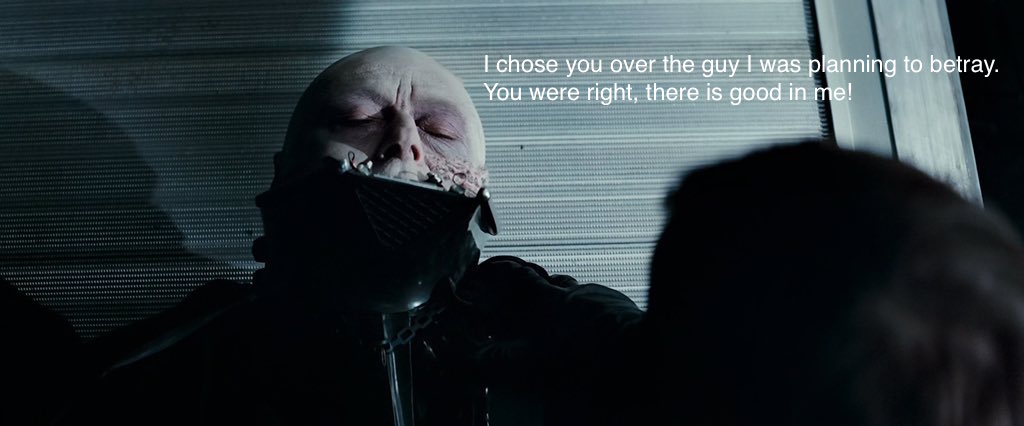My Books, TV
Time-Traveling Historians
My latest TV obsession is the series of historical farming documentaries from the BBC. I mentioned a couple of weeks ago that I was watching one set in the 1600s (Tales from the Green Valley). I’d already watched the Tudor Monastery Farm series. Then the YouTube algorithm started serving me more. Last week, I watched the Wartime Farm series about World War II. I’m currently watching Victorian Farm.
The basic format of these is that a group of historians and archaeologists spend a year living as though they’re farmers in a particular era, using technology of the time, to see how it all works and whether they could have survived. They go from planting a crop to harvesting the crop and everything in between, eating the food, wearing the clothes, and living the life, in general. They’ll bring in subject matter experts to learn about a particular task or craft of the time. The cast sometimes varies, but there are some regulars who pop up, and that means my brain starts creating narratives about all this.
It started when I watched the Wartime Farm series right after the one set in the 1620s. The historians were talking about how their experience couldn’t replicate exactly what people of the time experienced, since they knew when and how it would end, and that was uncertain for the people of the time. They were going through all this with high expectations, trying to increase food production since most of their imports had been cut off, and they didn’t know when or if they might be invaded. Although the scholars were spending one year, they kept adjusting conditions based on different years of the war to show how things changed, like the availability of some things. They were talking about having to go back to some of the older ways that had been more or less lost because they were having to make do, and since I’d just watched some of these same people living in the 1620s, I thought they had an unfair advantage over actual 1940s farmers because they’d done things like make medicinal preparations out of foraged herbs, had made their own cheese, had thatched a roof, had worked a field using horses instead of a tractor.
And that’s when it struck me: They’re time travelers! These people are bringing knowledge from the past and from the future. I would say it’s a fun story idea, but Connie Willis has already written the books about the time-traveling historians. I guess this is the next best thing to getting a movie or TV series made from those books. One thing I’m enjoying is that while there is a bit of a story line — will they have a successful harvest? — there’s not a lot of drama. There are no villains or antagonists. It’s just people trying to learn things and make things work. That makes for engaging but relaxing viewing.
I’m also getting really curious about the behind-the-scenes stuff, wondering whether they really are living like this or just when the cameras are on. They tend to do a couple of months in a single episode, so it’s just a day or two that gets shown. Are they wearing these clothes and living in these places all the time with the cameras only on them for a day or two every month, on camera all the time but it gets edited down, or just showing up when they’re doing something the camera will record? They did mention for the 1600s one that they wouldn’t actually be living in the farmhouse for health and safety reasons but would be living nearby, which implies they’re living on-site, even if they are living in trailers or something like that. They also mentioned during the Victorian one that they’re not actually sleeping in the cottage but rather elsewhere on the estate. I’ve read the books by one of the historians, and she mentioned trying the Tudor-era hygiene protocol when they were doing that series and that even the camera crew that wasn’t around all the time didn’t notice any body odor, which also implies that they’re living this way all the time. Do these people have families? Do they get weekend visits?
We had a small farm when I was a teenager, but we mostly just raised a few cows, so I didn’t get the full farm experience, and I don’t romanticize it at all, but these are still fun to watch. I started watching these as research for the Rydding Village books, when I was looking up info on how people were cooking and baking, and this was what the search results brought up. Then I connected them to some books I’d read for research when I realized it was the same historian. The shows are great for being able to visualize what she discussed in the books.
Just staying alive before all the modern conveniences was a lot of work, which was why I came up with the house spirit to help the local healer. I’m not sure how a single woman who needed to keep house would have any time left in the day to earn a living. Laundry would take about as long for a single as for a family, and most people wouldn’t have owned enough clothes to go longer between loads of laundry. That may be why so many people made extra money by taking in laundry. It would free a lot of time to hire someone else to do the wash, and adding a few items to the load of a single person or small family wouldn’t require a lot of extra effort, so it would be monetizing something they had to do anyway. A healer-type person who had to maintain a garden for herbs, prepare medicines, and see patients wouldn’t have much time to also cook, keep the house reasonably clean, and do laundry. And so we have Gladys in my books.


